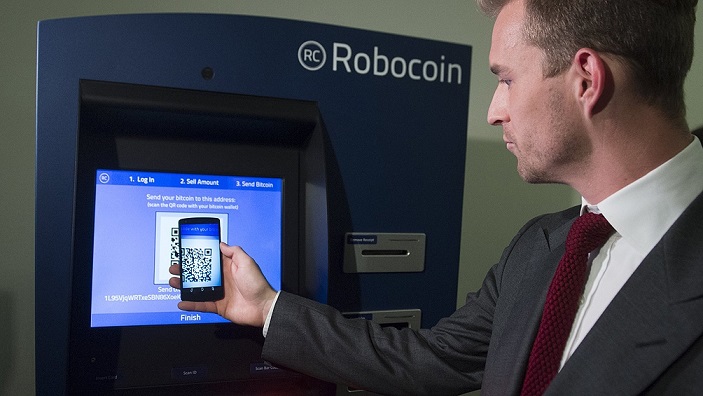Crypto sector companies call for a local regulatory framework to facilitate market access
They are seeking legislation on the conditions of operation and access to a market that currently does not have the support of either the Central Bank (BCRA) or the National Securities Commission (CNV).
Although operating with crypto assets in Argentina is not illegal, the regulatory authorities indicated that investing in them is a high-risk decision, given the volatility in their price and the absence of safeguards of funds and computer security provided by current legislation.
For this reason, the platforms dedicated to the exchange, negotiation and custody of crypto assets showed their interest in advancing jointly with legislators and other authorities to reach a regulation that enhances the benefits of technology and, at the same time, brings peace of mind to their current users.
“Security is important. We have to collaborate with the regulator so that the industry continues to grow and there is more and more adoption,” said Andrés Ondarra, Country Manager of Bitso, the largest cryptocurrency payment platform in the country, in a virtual meeting organized by the Argentine Chamber of Fintech.
Although the CNV and the BCRA maintain that crypto assets do not have significant levels of acceptance and use, private sector sources assured Télam that about a million people have active accounts to operate them in the country.
In this regard, a recent survey commissioned by the Mastercard company to the adult population revealed that, in Argentina, 35% plan to use cryptocurrencies in the future, while 83% of those under 35 years of age said they want to learn more about cryptocurrencies.
“If the adoption of crypto is something that is happening, that is why it does not make sense to put barriers to access”
“The first point is to make it easier to enter. A lot of work is being done but there are doubts from users about taxes and uncertainty because the communication from regulators is not clear,” said Maximiliano Hinz, Binance’s director of Operations for Latin America, leading cryptocurrency exchange worldwide.
“We need regulators to be on our side and help us. If crypto adoption is something that is happening, that’s why there is no point in putting up access barriers,” he added.
The warnings of the Central Bank and the National Securities Commission
This week the BCRA and the CNV issued a joint statement in which they indicated that, although the underlying technology of cryptocurrencies could contribute to promoting greater efficiency and financial innovation in the future, “crypto assets are not legal tender,” since they are not backed by government authorities, and that “present risks and challenges for their users, investors and for the financial system as a whole.”
In this sense, they alerted users about the high volatility of their price, the possibility of investment loss due to cyberattacks on exchange platforms, an absence of safeguards in the current regulation for their custody and the lack of transparency in the information before the limited capacity that exists for its monitoring and analysis, which may lead to non-compliance with international standards regarding the prevention of money laundering.
Weeks ago, the Central Bank began to ask the entities that regulate all information they have about cryptoactive service provider clients, since there is no registry of these operators in the country, and it is processing that information to determine how to move forward.
Even so, the absence of regulation for the operation of cryptocurrencies is a constant in almost all Latin American countries, which makes it difficult to support operations carried out on exchange platforms.
“It is an extra effort for the companies that operate in the region. We have to do things that nobody asks of us and advance in computer security processes to provide security and transparency for users, so that they know that their crypto is safe”, said Borja Martel Seward, co-founder of Lemon Cash.
From the Argentine Chamber of Fintech they assured that they are in contact with both the monetary authorities and national legislators, to generate a technical exchange and knowledge in the preparation of bills for the sector.
“The vocation to build a bridge between the public and private sectors is embarked,” said Mariano Biocca, general coordinator of the Chamber.
Last Wednesday the world cryptocurrency market registered a collapse in its prices, after the Chinese government prohibited its operation as a highly speculative activity.

